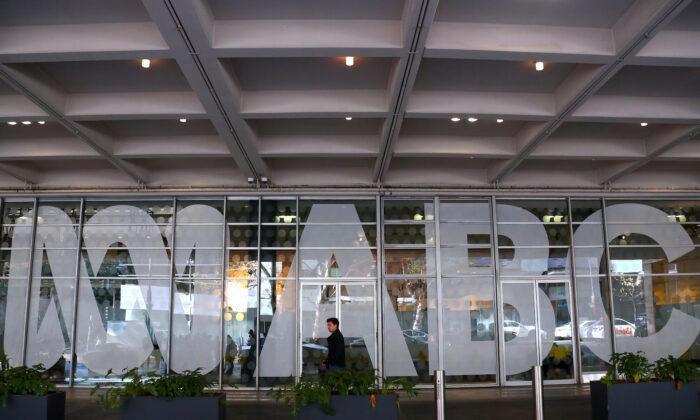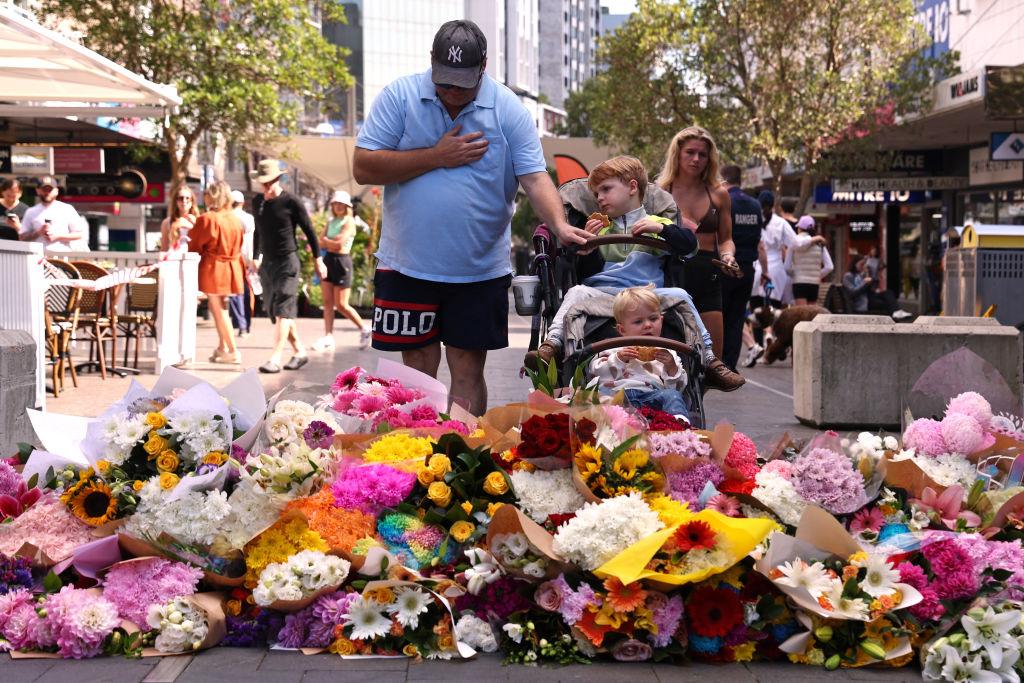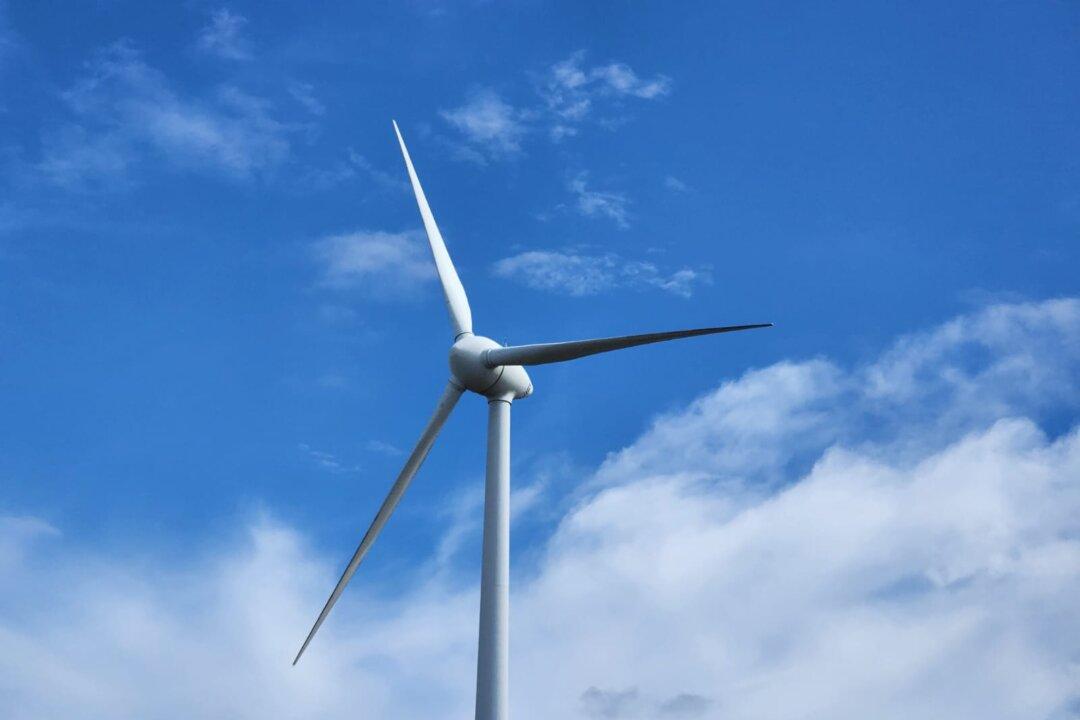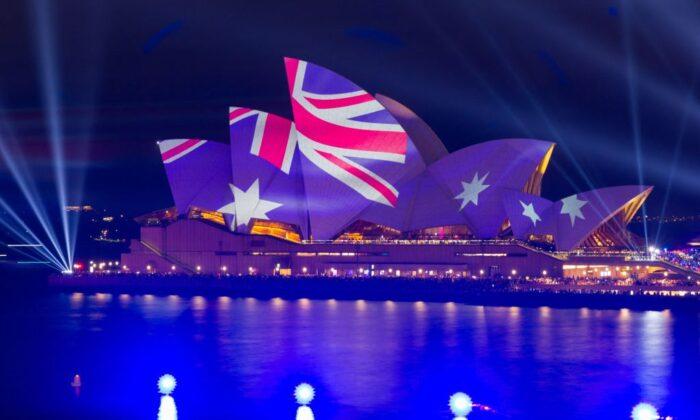The head of the Australian Broadcasting Corporation (ABC) says the national broadcaster is looking to ramp up its presence in the Asia-Pacific seven years after it closed a dedicated service to the region.
The move comes as competition for influence in the immediate South Pacific region heats up between Beijing and democratic allies.
David Anderson, managing director of the ABC, said the broadcaster was looking into potential expansion into the region.
“We’re always interested in expanding our presence should the government wish to do so. I think it would be an important initiative,” he added.
The ABC did not provide further details but hinted that they would begin expanding coverage next year amid ongoing discussions with the government on its next three-year funding arrangement.
The public broadcaster’s latest move will come as the battle for influence continues ramping up in the Pacific region.
On Dec. 12, Australia, Japan, and the United States committed to building a high-speed, undersea cable to connect Kiribati, Nauru, and the Federated States of Micronesia. It is expected to benefit around 100,000 people across the three countries.
The unpopularity of Prime Minister Manasseh Sogavare, compounded by his 2019 decision to switch diplomatic ties from Taiwan to Beijing, are currently thought to have been the motivation for for the riots.






Friends Read Free